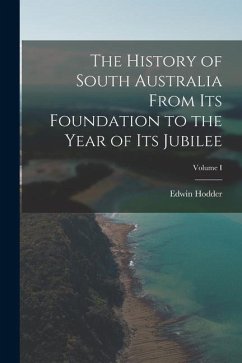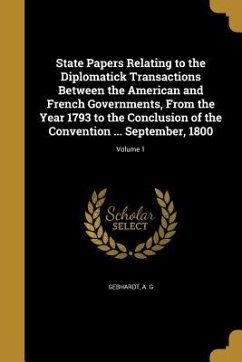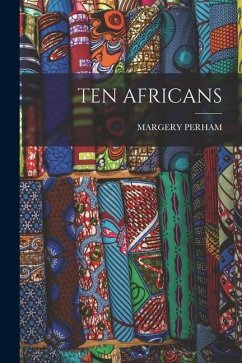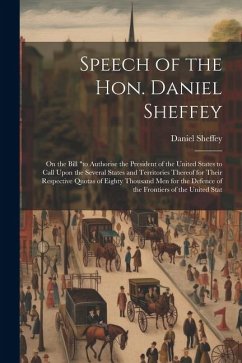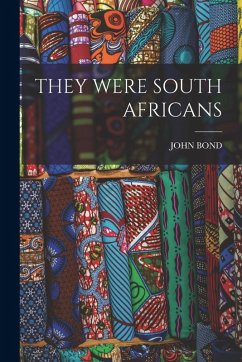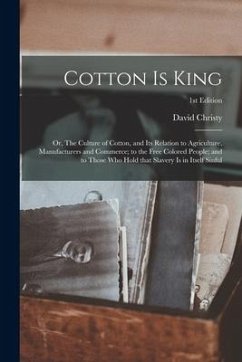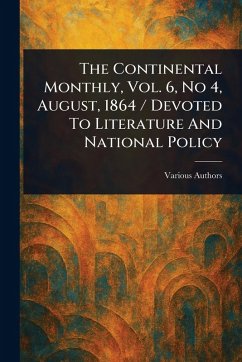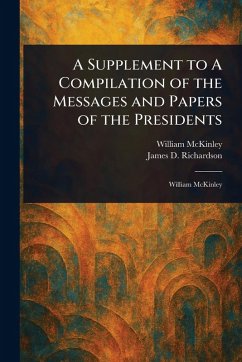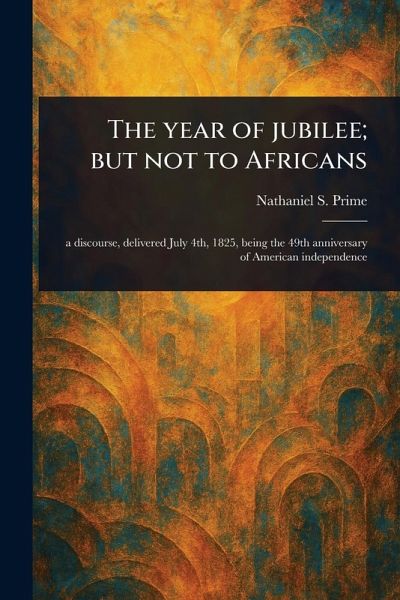
The Year of Jubilee; but Not to Africans
Versandkostenfrei!
Versandfertig in über 4 Wochen
14,99 €
inkl. MwSt.

PAYBACK Punkte
7 °P sammeln!
On July 4th, 1825, as the young United States celebrated its 49th anniversary of independence, Nathaniel S. Prime delivered "The year of jubilee, but not to Africans: a discourse," now meticulously republished. This powerful oration offers a crucial glimpse into the complexities of American identity and social justice during the early 19th century. Prime's "Fourth of July" speech, presented here in its original form, grapples with the stark contradiction between the nation's ideals of freedom and the continued existence of slavery. This important historical document speaks to the debates surro...
On July 4th, 1825, as the young United States celebrated its 49th anniversary of independence, Nathaniel S. Prime delivered "The year of jubilee, but not to Africans: a discourse," now meticulously republished. This powerful oration offers a crucial glimpse into the complexities of American identity and social justice during the early 19th century. Prime's "Fourth of July" speech, presented here in its original form, grapples with the stark contradiction between the nation's ideals of freedom and the continued existence of slavery. This important historical document speaks to the debates surrounding American independence and the ongoing struggle for equality. A vital resource for understanding 19th-century social history and political thought, this discourse remains relevant for anyone interested in the ongoing evolution of American ideals. This work has been selected by scholars as being culturally important, and is part of the knowledge base of civilization as we know it. This work is in the public domain in the United States of America, and possibly other nations. Within the United States, you may freely copy and distribute this work, as no entity (individual or corporate) has a copyright on the body of the work. Scholars believe, and we concur, that this work is important enough to be preserved, reproduced, and made generally available to the public. We appreciate your support of the preservation process, and thank you for being an important part of keeping this knowledge alive and relevant.






